In Portugal, there’s an ancient tradition that still lives today. A tradition of shapeshifters, of devils and masks, of rites and magic. This is the tradition of the Entrudo and of the Caretos.
Every year in February or early March, the Entrudo is celebrated in several villages of Portugal. This is an ancestral festivity in which young men (and today women too) shapeshift into devils and tricksters, the Caretos (also called Foliões, Máscaros, Cardadores and other names depending on the region), invading the alleys of rural villages to chase unmarried women, spread mischief, send away evil energies and, most importantly, celebrate the beginning of Spring and the hope for a fertile Earth and good harvests.
The festivities involve plenty of traditional music – bagpipes and traditional drums being central in many places -, dancing, laughing and community sharing. In some traditions, the Entrudo only ends after a huge wooden Careto or Devil is burnt while the Caretos dance around it. Above all, the Entrudo is a time to celebrate and stimulate fertility: the fertility of the Earth and that of women.
The exact origins of Entrudo are still unknown. Some authors relate it with the Saturnalias of Roman times, while others place its ancient roots in the Neolithic. The tradition was in risk of disappearing during the 1960’s due to the colonial war and the high immigration rate as many people left behind their villages to move to the cities. Nowadays, the Entrudo is once again alive in many villages of the North and Centre of Portugal, and has actually became a tourist attraction to many portuguese and non-portuguese visitors alike.
Bellow I share 6 Careto Traditions of 6 different places of Portugal. As this is a folk tradition, there is a great diversity of masks, ways and costumes, making each one of these Entrudo traditions unique and special in their own way.
Caretos de Podence (Podence, Macedo de Cavaleiros)
- Image: Wikicommons (Rosino)
- Image: Wikicommons (Rosino)
- Image: Wikicommons (Rosino)
Caretos de Lazarim (Lazarim, Lamego)
- Image: Wikicommons (Rosino)
Caretos da Lagoa (Mira, Coimbra)
Cardadores de Vale de Ílhavo (Ílhavo, Aveiro)
Foliões de Góis (Góis, Coimbra)

Image: Notícias de Coimbra
Máscaros de Vila Boa (Vinhais, Bragança)

I plan to share more about this topic in future posts, as this is one of my favourite folk traditions of Portugal. Indeed, this is a tradition actually widespread all over Iberia (and really all over Europe »» see Wilder Mann by Charles Fréger), so stay tuned for future posts about masked tricksters of the Iberian Peninsula!


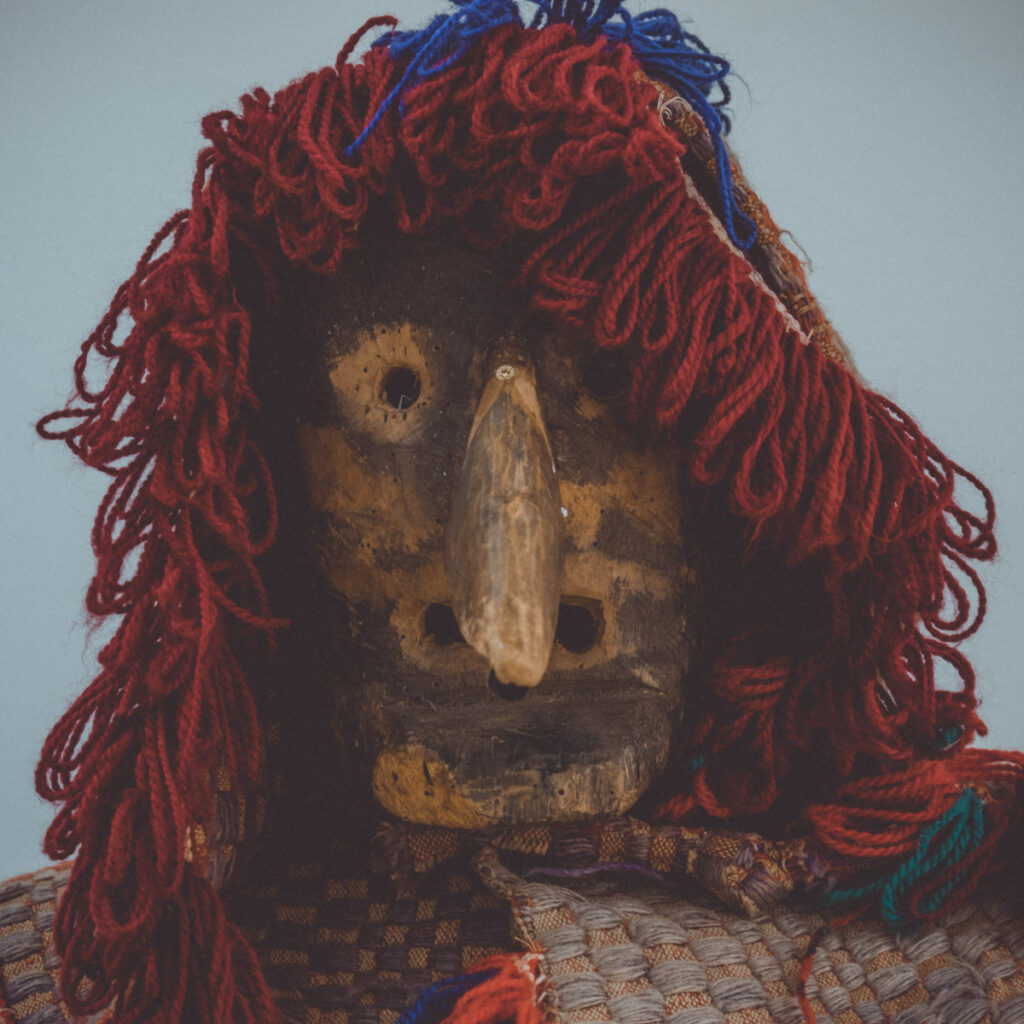
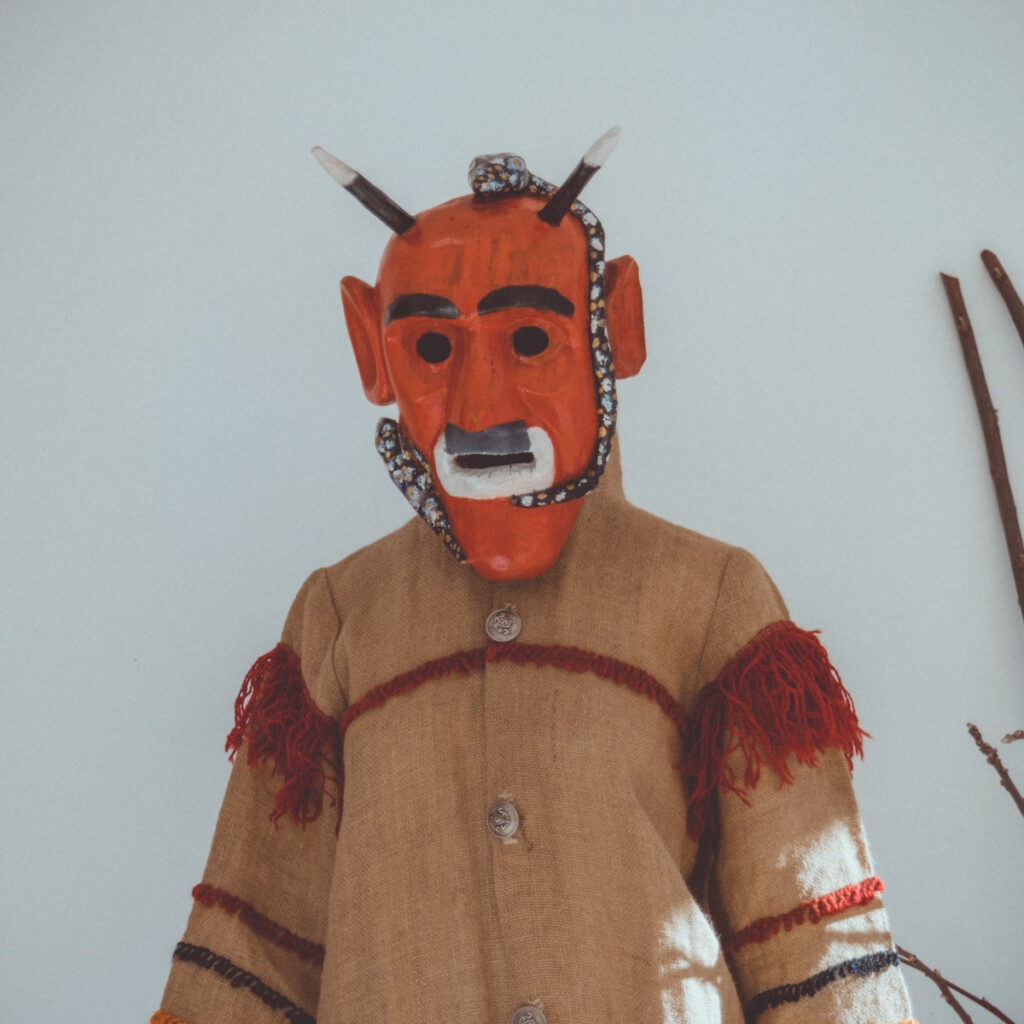





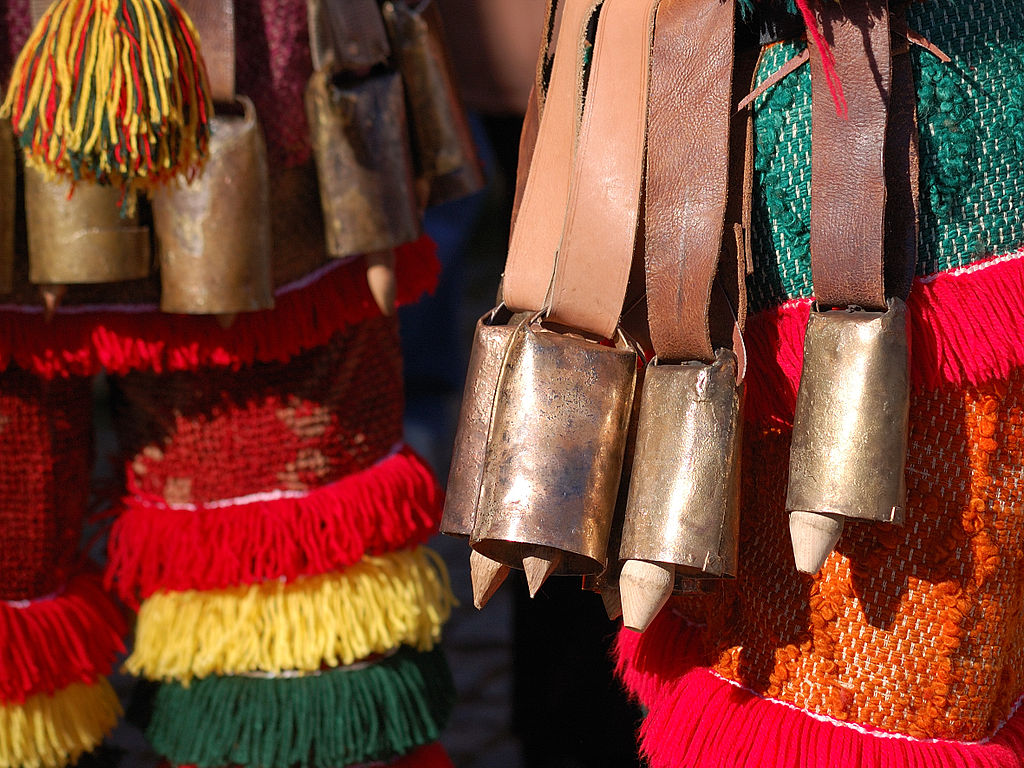
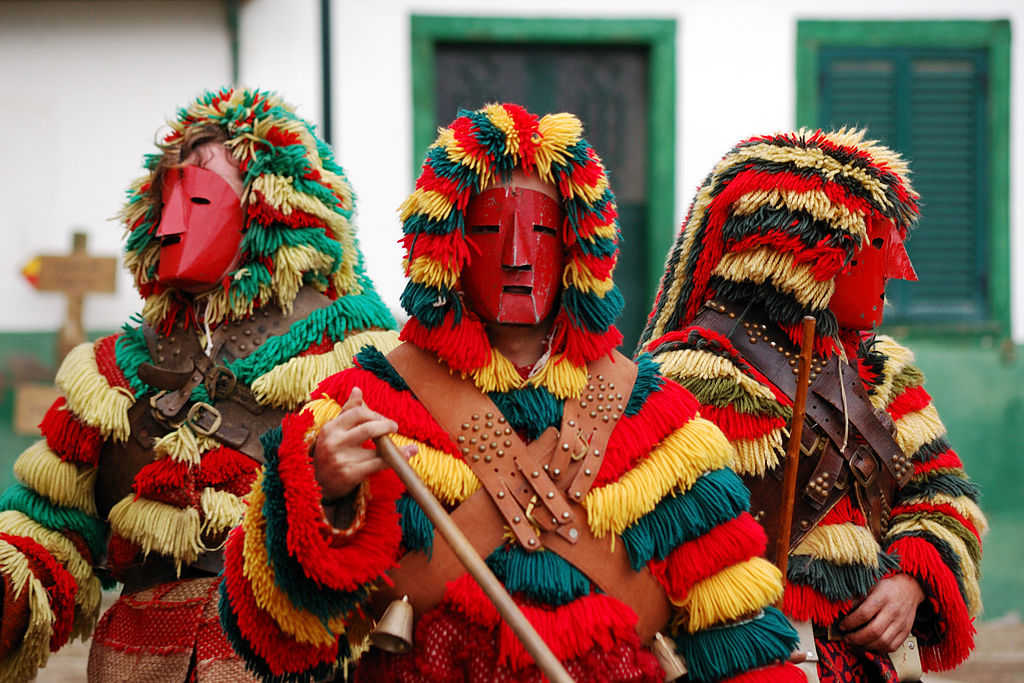

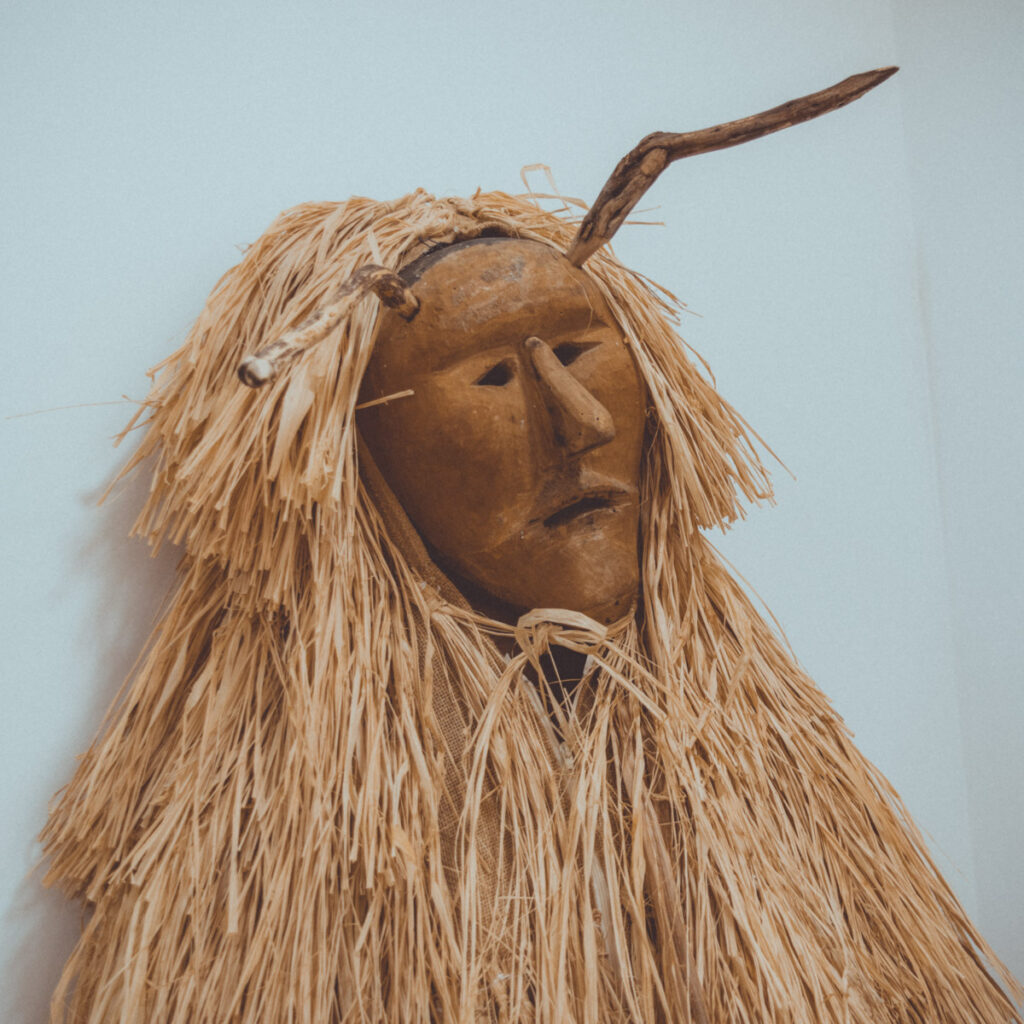


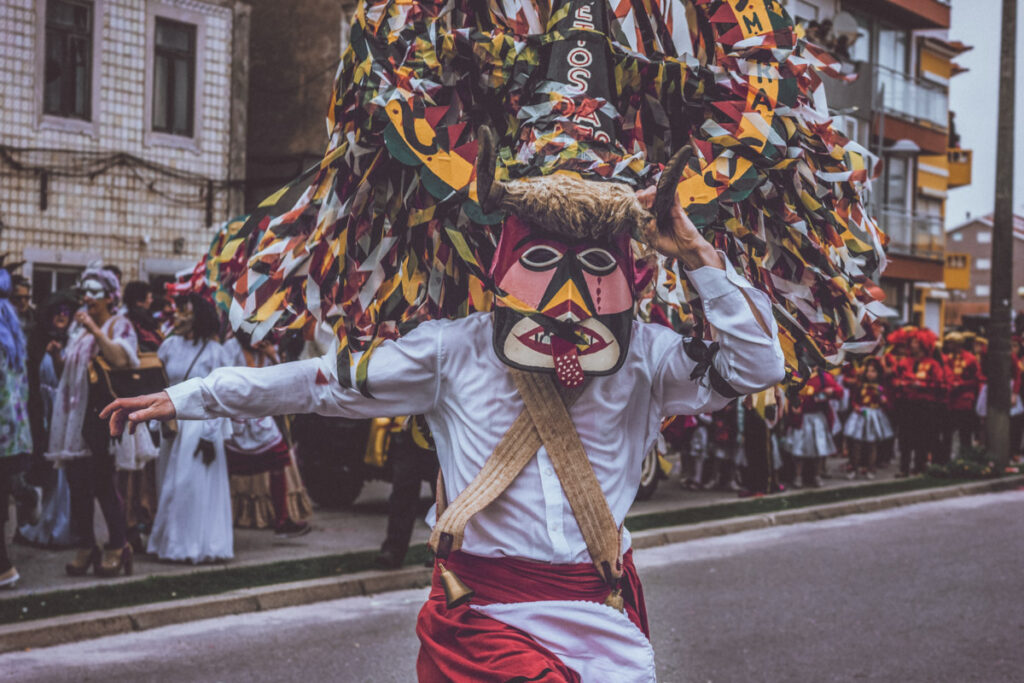
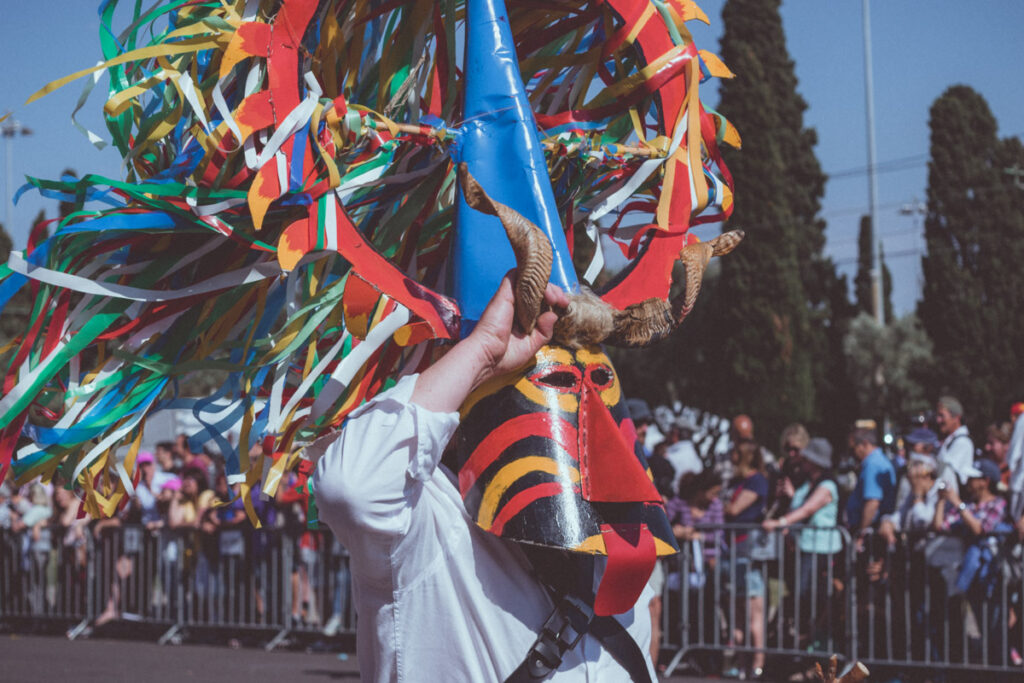









0 Comments
Trackbacks/Pingbacks